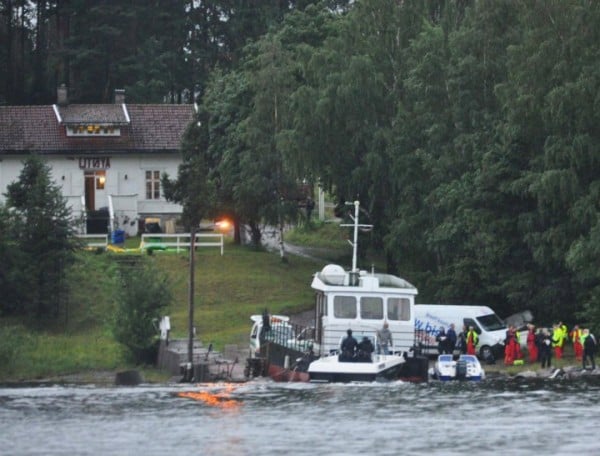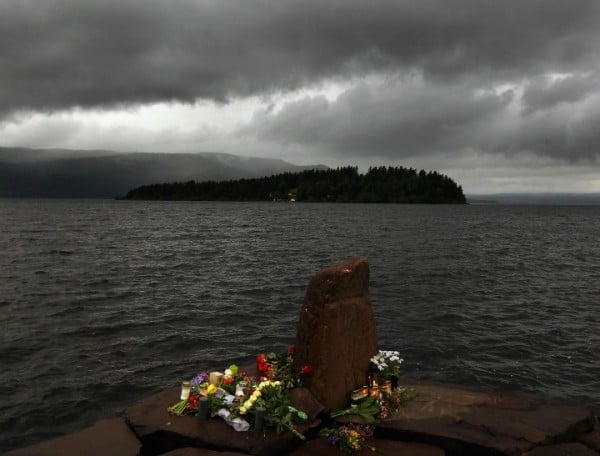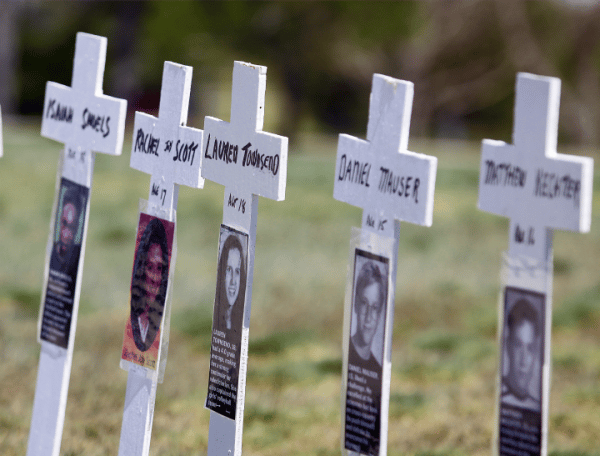
Far from being the work of a madman, Anders Breivik’s murderous rampage in Norway was the action of an extreme narcissist. As the dead lay around him, he held up a finger asking for a Band-Aid. In her fascinating book The Life of I , essayist and author Anne Manne provides a compelling account of the rise of narcissism in individuals and society. Anders Breivik is just one of the cases she explores.
It was the first day of the holiday season in Norway. On the idyllic island of Utøya, in the great tradition of the Norwegian labour movement, young idealists gathered for their annual camp. In a tent city sprawled cosily among the trees, the teenagers could meet, passionately discuss politics, talk and sing around the campfires, go hiking and fall in love. in the tiny coves beneath the rocks, the water from the lake, deep and cold, lapped quietly on the shore.
Just then, news of a bomb blast came across the radio, shattering the calm of the day. Terrorists, it seemed, had struck at the very centre of the peaceful Scandinavian nation. Eight were dead, many more injured. Frightened parents texted their children, telling them how glad they were that they were safe at Utøya.
A handsome blond man, heavily armed and dressed in police garb, walked calmly towards the youngsters, beckoning them to come closer, telling them, ‘You will be safe with me. I’m a cop.’ Alarmed by news of the bomb, and reassured by the fact of his uniform, many of them began to move towards him. Then he shouted, ‘You all must die!’ And opened fire.
As their friends fell dead around them, the survivors took flight and ran, screaming in terror as the uniformed figure whooped with joy, laughing and cheering, as he picked them off one by one. They ran onto beaches and sheltered anywhere they could find: in tents, in buildings and under rocks. Some hid beneath corpses of the fallen. They dived into the icy lake, trying to swim away. Some could not bear the cold and turned back, only to find him standing above them, spraying bullets into the swimmers.
































































































